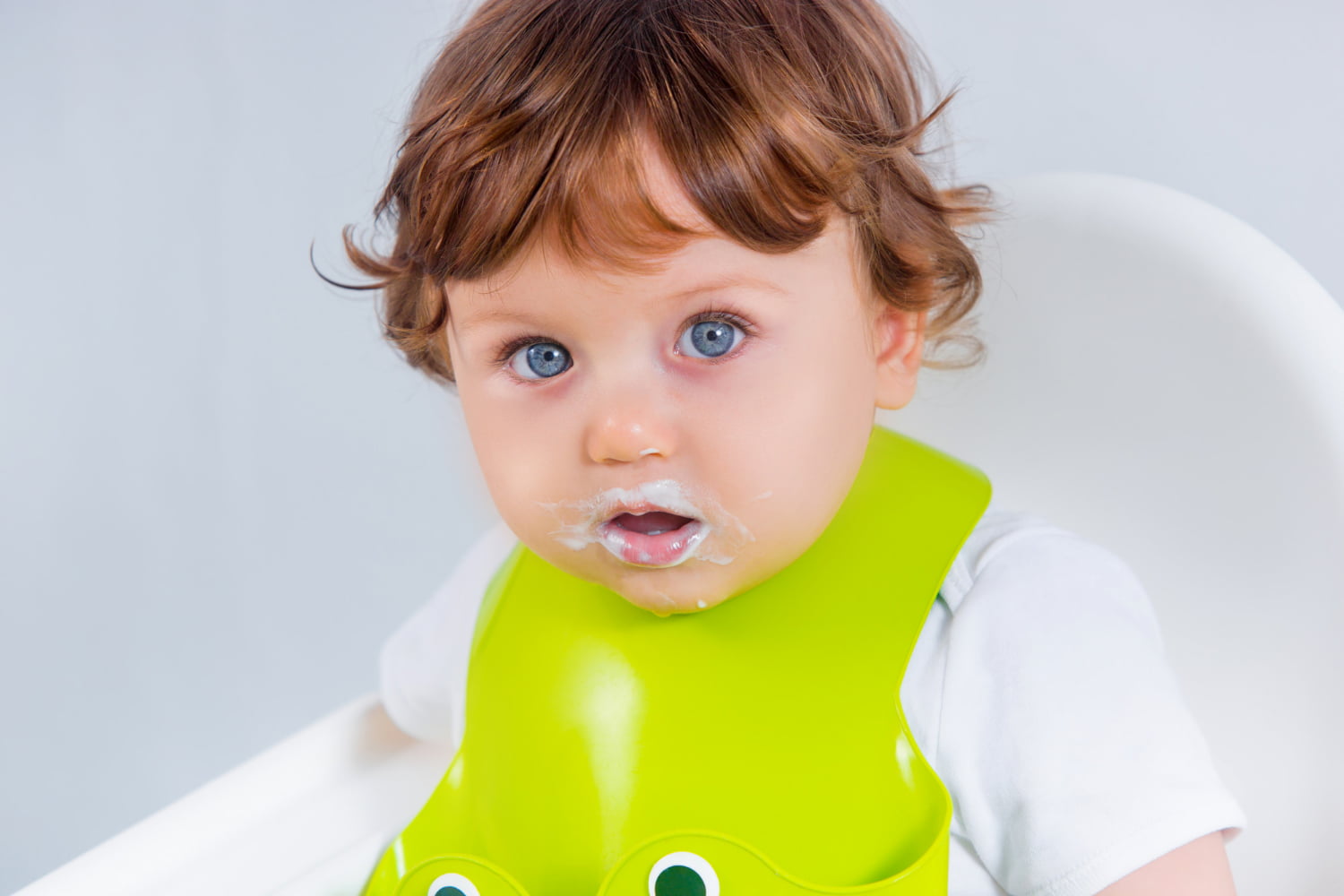Babies have a tendency to spit up or regurgitate small amounts of their feeds, which is considered normal in most cases. However, when parents notice their baby spitting up clear liquid hours after eating, it can raise concerns and lead to questions about the underlying causes. While this phenomenon can be worrisome, it is essential to understand that there are various reasons why this may occur, ranging from benign to potentially more serious conditions. This article aims to explore some of the common factors that could contribute to a baby spitting up clear liquid hours after eating, providing parents with a better understanding of when to seek medical advice and how to manage such occurrences effectively.
Reasons Why Baby Spitting Up Clear Liquid Hours After Eating.
1. Overfeeding.
One of the most common causes of spitting up in babies is overfeeding. When a baby consumes more milk or formula than their stomach can accommodate, the excess liquid may be regurgitated. Overfeeding can cause discomfort and result in the baby spitting up clear liquid, sometimes even hours after their last feeding.

2. Acid reflux.
Acid reflux, also known as gastroesophageal reflux (GER), is a condition where stomach acid flows back into the esophagus. In infants, this can occur due to an immature or weak muscle at the top of the stomach, called the lower esophageal sphincter. Acid reflux can cause spitting up of clear liquid, as well as other symptoms like fussiness, irritability, and poor weight gain.
3. Food intolerance or allergy.
Some babies may have an intolerance or allergy to certain ingredients in breast milk, formula, or solid foods. This can lead to digestive issues, including spitting up clear liquid. Common triggers include cow’s milk protein, soy, wheat, eggs, and nuts. If a food allergy is suspected, it is crucial to consult a healthcare professional for proper diagnosis and guidance on dietary changes.
4. Gastrointestinal infection.
Infections affecting the gastrointestinal tract, such as viral or bacterial infections, can lead to increased spitting up in babies. These infections can cause inflammation and irritation in the digestive system, resulting in the expulsion of clear liquid. Other symptoms may include diarrhea, vomiting, fever, and poor appetite.
5. Teething.
When babies start teething, they may produce excessive saliva, which can contribute to increased spitting up. The clear liquid expelled is often a mix of saliva and excess swallowed air. Teething-related spitting up is usually temporary and does not require medical intervention.
6. Positioning during feeding.
Improper positioning during feeding can also cause a baby to spit up clear liquid hours after eating. If the baby is positioned too flat or not burped adequately, it can increase the likelihood of regurgitation. Ensuring the baby is in an upright position during feeding and burping them regularly can help minimize this issue.
| 💡 Tips FitnessQuora.com Occasional spitting up of clear liquid is typically considered normal in infants. However, if this occurs frequently or is accompanied by other concerning symptoms, it is important to seek medical advice to rule out any underlying issues and provide appropriate care for the baby’s well-being. |
How to Prevent Baby Spitting Up Clear Liquid Hours After Eating?
1. Feed in an upright position: Ensure that your baby is in an upright position during feedings. This helps gravity keep the stomach contents down, reducing the chances of spitting up liquid later on.
2. Burp your baby frequently: Burping your baby during and after feeding can help release any trapped air in their stomach. This can prevent excessive gas build-up, which may contribute to spitting up clear liquid.
3. Avoid overfeeding: Feeding your baby smaller, more frequent meals can help prevent overfilling their stomach. Overfeeding can put pressure on the lower esophageal sphincter, causing liquid to reflux back up.
4. Hold your baby upright after feeding: Keep your baby upright for 20 to 30 minutes after feeding. This position allows their food to settle in the stomach, reducing the likelihood of spitting up.
5. Use paced feeding: If you’re bottle-feeding, try paced feeding techniques. This involves holding the bottle slightly horizontal, allowing your baby to control the flow of milk. Paced feeding can reduce the chances of overfeeding and subsequent spitting up.
6. Avoid unnecessary movement: After feeding, try to minimize activities that involve excessive movement, such as bouncing or vigorous play. This can help prevent jostling of the stomach contents, reducing the likelihood of spitting up clear liquid.
7. Check feeding position and latch: If you’re breastfeeding, ensure that your baby is latching properly and positioned correctly. A shallow latch or incorrect positioning can lead to excessive air intake, causing spitting up.
8. Consider smaller, more frequent feedings: If your baby consistently spits up clear liquid hours after eating, you may want to try smaller, more frequent feedings. This can help prevent the stomach from becoming too full and reduce spitting up episodes.
9. Seek advice from a healthcare professional: If your baby’s spitting up clear liquid is causing significant distress, weight loss, or other concerning symptoms, consult a healthcare professional. They can evaluate your baby’s individual situation and provide personalized guidance or recommend further tests if necessary.
| 💡 Tips FitnessQuora.com Remember, occasional spitting up is usually normal, and most babies outgrow it by their first birthday. However, if you have any concerns or suspect an underlying issue, it’s always best to seek professional advice. |
Bottom Line.
While it is common for babies to spit up after feeding, the presence of clear liquid hours after eating may raise concerns for parents. It is important to note that clear liquid spitting up is usually harmless and can be attributed to various factors such as overfeeding, swallowing air, or immature digestive systems. However, if the clear liquid is accompanied by other symptoms such as fever, fussiness, or poor weight gain, it is advisable to consult a pediatrician. As parents, it is essential to monitor our baby’s behavior and seek medical advice if we notice any unusual or persistent signs of discomfort.

 Workout
Workout
 Meditation
Meditation





 Contact Us
Contact Us





